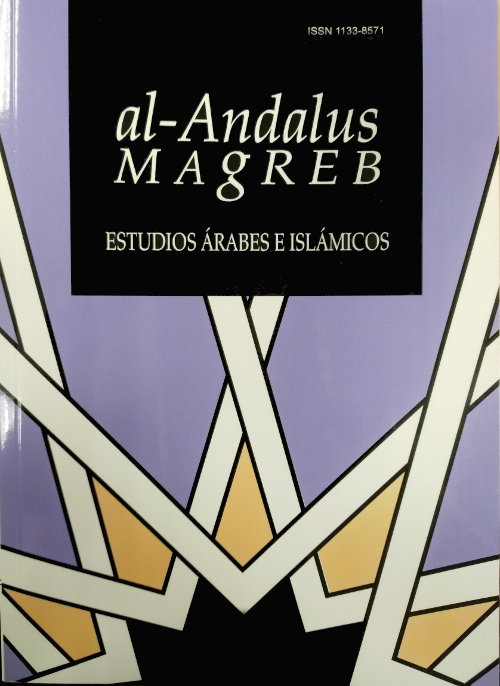The principle of intentionality and the deliberative character of Shatby's fundamentalist discourse towards a holistic interpretation

Info
Abstract
The main purpose of this study is to identify, by means of interpretative procedures the outstanding interpretation principles in Imam Shatibi’s (died 790H) discourse as the most prominent scholar of Islamic jurisprudence (uṣūl al-fiqh) who focused on the higher objectives and intents in the Quran by stressing the need to set criteria for hermeneutics.
The importance of the Shatibi’s approach in the setting up of a fundamentalist community in the Islamic Arab tradition on the basis of intent is well acknowledged by scholars. In this regard, what makes al-Shatibi stand apart from his predecessors is his attempt to build up a conceptual framework that would enhance the understanding of the Quran within his project “Higher Objectives and Intents of Islamic Law” as a universal paradigm or cognitive system sought by religion in order to fulfill people’s satisfaction and keep aloof any false or evil beliefs that may find their way to the Islamic and Arab culture. These may also harm the nation’s unity and affect “the principle of sole worship of Allah“, as it is the ultimate objective of this religion. Hence, mankind existence in this world will be achieved.
Keywords
Downloads
How to Cite
License

This work is licensed under a Creative Commons Attribution-NonCommercial-NoDerivatives 4.0 International License.
Those authors who have publications with this journal, accept the following terms:
a. Authors may retain their copyright and guarantee the journal the right of first publication of their work, which will be simultaneously subject to Licencia de reconocimiento de Creative Commons that allows third parties to share the work as long as its author is indicated. and its first publication this journal.
b. Authors may adopt other non-exclusive license agreements for the distribution of the version of the published work (eg: deposit it in an institutional electronic file) provided that the initial publication in this journal is indicated.
c. Authors are allowed and recommended to disseminate their work through the Internet (eg: in institutional telematic files or on their website) once the manuscript is accepted, which can lead to interesting exchanges and increase citations of the published work. (See El efecto del acceso abierto).
References
ECO Umberto, Interprétation et surinterprétation, Édité par Stefan Collini, Traduit de l'anglais par Jean-Pierre Cometti, Paris, Presses Universitaires de France, 3
GADAMER Hans-Georg, Vérité et méthode, Les grandes lignes d'une
herméneutique philosophique, édition intégrale revue et complétée par Pierre Fruchon, Jean Grondin et Gilbert Merlio, Paris, Éditions du seuil, .1996
GADAMER Hans-Georg, La philosophie herméneutique, traduction et notes Édition, 2002. par Jean Grondin, Paris, P.U.F, 2 édition, 2001.


